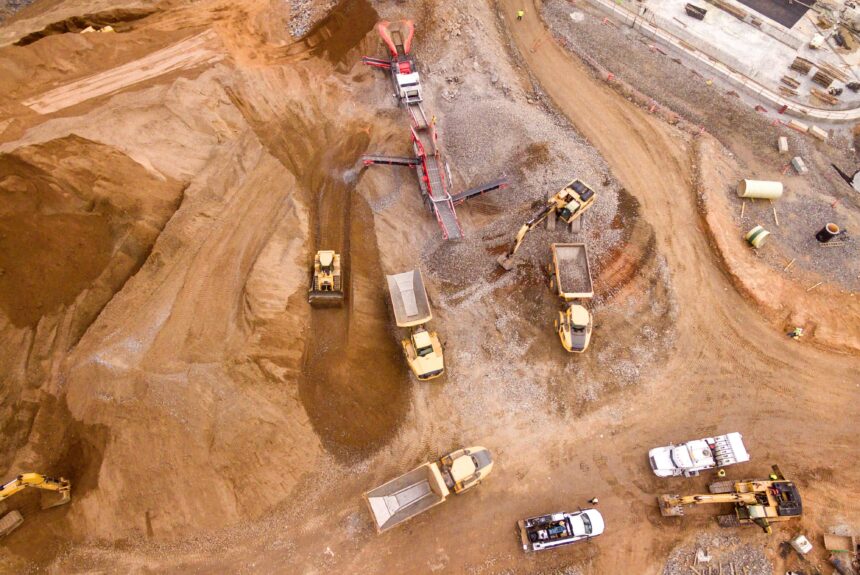This week Western Caucus Chairman Dan Newhouse (R-WA) and Representative August Pfluger (R-TX) introduced the Critical Minerals Classification Improvement Act to improve American energy security.
>>>READ: Reduce Mining Regulations to Bolster a Secure Energy Future
Signed into law by President Trump in 2020, the Federal Energy Act of 2020 directs the United States Geological Survey (USGS) to publish a list of critical minerals that are essential to the American economy and national security. In February 2022, the USGS released an updated list of 50 critical minerals that includes everything from aluminum to zirconium, but notably excludes uranium. The federal agency removed uranium from the list because the Energy Act explicitly excluded minerals used for fuel from being included as critical minerals.
The bipartisan Critical Minerals Classification Improvement Act “strikes the ‘non-fuel’ requirement from the critical minerals definition to allow for minerals that have both fuel and non-fuel uses – like uranium – to be included on the list. It also requires a revision of the list by the United States Geological Survey (USGS) to reevaluate and make necessary changes after enactment of the bill.”
Heather Reams, President of Citizens for Responsible Energy Solutions stressed that “Uranium is critical as a nuclear fuel for our civilian nuclear power fleet, and securing a steady supply is vital for assuring that the next generation of advanced nuclear reactors can be brought online using a domestically-sourced fuel. It also plays a key role in many non-fuel uses in the tech, healthcare and defense industries.”
As we explained in our newly-released Climate and Freedom Agenda, increasing energy supplies, easing supply chain constraints and securing processed minerals will best be achieved by opening domestic and international markets to extraction, processing, and trade. The pace of environmental reviews, permitting, and judicial review has simply not kept up with the pace of innovation or the need to provide American families and households with affordable, dependable energy.
The inclusion of any critical mineral should not be an excuse for protectionism, but to liberalize markets so that producers can benefit from America’s abundance of natural resources. The most effective way to prevent bad actors like Russia, whose interests are hostile to the U.S., is to unleash free enterprise and fix the political and regulatory barriers that inhibit the development of domestic minerals. Furthermore, the use of critical minerals for the Department of Defense should be specifically tailored for legitimate national security objectives.
>>>READ: A Climate Plan to Increase Energy Security
Importantly, displacing minerals from dirtier sources by producing them domestically will reduce pollution and greenhouse gas emissions. Mining and processing minerals in the U.S. will take place with the proper environmental safeguards and labor standards. But it shouldn’t take seven to ten years to secure a permit, especially when our allies like Canada and Australia routinely process permits in two years.
The Critical Minerals Classification Improvement Act is an important recognition that domestic fuel and non-fuel minerals provide strategic economic and national security benefits.
The views and opinions expressed are those of the author’s and do not necessarily reflect the official policy or position of C3.
